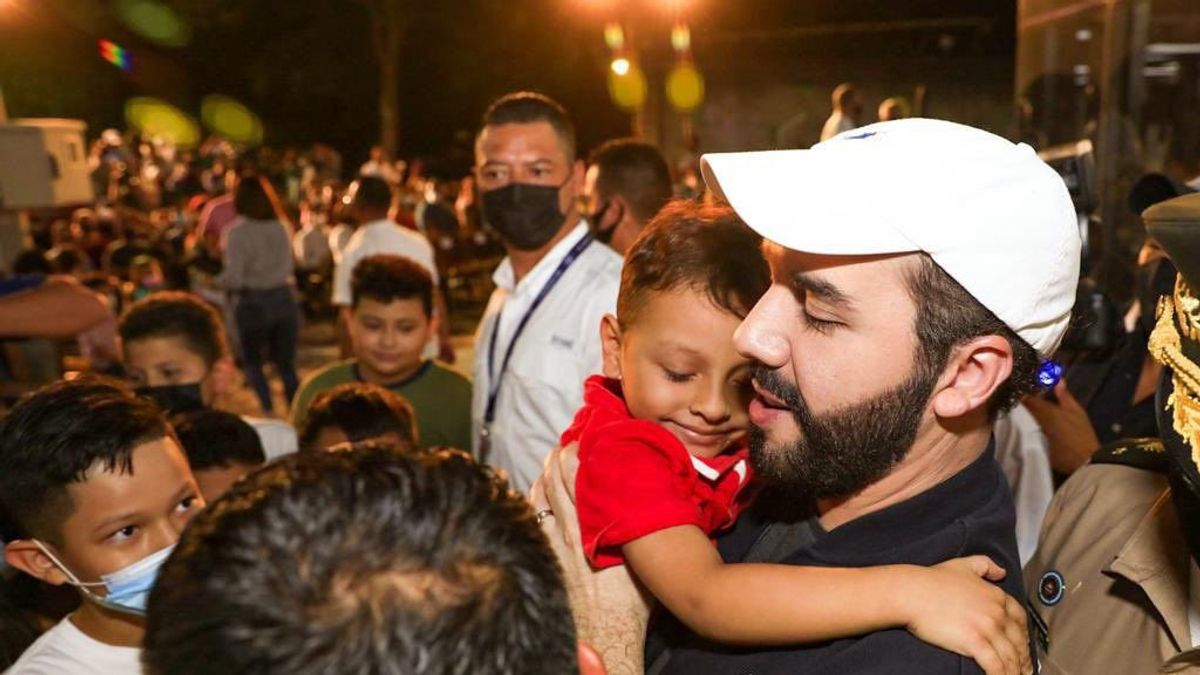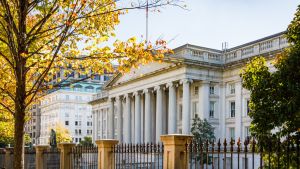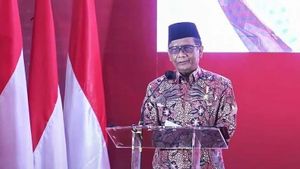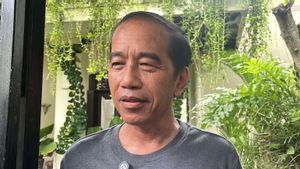JAKARTA - Tuesday 9 September 2021, became a historic day for bitcoin. Especially for El Salvador, which officially certifies the world's number one cryptocurrency as a legal medium of exchange. President of El Salvador, Nayib Bukele is said to have taken a bold step by adopting Bitcoin. El Salvador became the world's spotlight.
However, not a few are skeptical of the decision. Some residents of El Salvador are concerned about the volatility of cryptocurrencies. Crypto asset prices can soar but can also fall freely.
Of course, the adoption of Bitcoin can make it easier to send money from abroad. Transfers can be faster and more efficient than via bank. Even so, El Salvador's steps cannot be separated from the pros and cons. Here are the pluses and minuses of Bitcoin adoption in El Salvador as reported by Reuters.
President Nayib Bukele promised "huge benefits" from his decision and claimed that the people of El Salvador could save the US$400 million (Rp5.7 trillion) spent annually on remittances.
However, the fact is that there are still many Salvadorans who do not believe in bitcoin. On the other hand, the World Bank claims that the cost of remittances in Central American countries is the lowest in the world.
However, the implementation of bitcoin as a legal tender did not run smoothly without obstacles. The article on Chivo's digital wallet that supports the adoption of bitcoin as a legal tender has not been perfect.
For the fourth day in a row, a technical glitch has hit the Chivo wallet. It's a setback that could discourage citizens from signing up for an app promoted by President Nayib Bukele.
Problems accessing wallets, withdrawing money from ATMs, and verifying data, and the government not depositing the $30 bonus that Bukele promised all Chivo users were the most frequently complained of.
2.1 million Salvadorans are ACTIVELY USING @chivowallet (not downloads).Chivo is not a bank, but in less than 3 weeks, it now has more users than any bank in El Salvador and is moving fast to have more users that ALL BANKS IN EL SALVADOR combined.This is wild!#Bitcoin🇸🇻
— Nayib Bukele (@nayibbukele) September 25, 2021
This was revealed in Reuters interviews with 10 users and user complaints posted on Twitter and Facebook. Especially after this Central American country adopted bitcoin, the value of this digital currency globally continues to weaken.
Meanwhile, international economic bodies such as the IMF and its member countries have discussed El Salvador's actions. The discussions included “the adoption of bitcoin as an official medium of exchange, regulation and supervision of bitcoin service providers, and the Chivo e-wallet.”
In the “Staff Concluding Statement of the 2021 Article IV Mission” for El Salvador, the IMF described in detail their condemnation of one of these Latin American countries:
“Given bitcoin's high price volatility, its use as a legal tender poses significant risks to consumer protection, financial integrity and financial stability. Their use also creates a contingent fiscal liability. Because of these risks, bitcoin should not be used as legal tender," said a source at the IMF.
Not only the IMF, Andrew Bailey as Governor of the Central Bank of England, the Bank of England (BOE), also regretted El Salvador's actions in adopting Bitcoin as a legal medium of exchange. Bailey made the remarks while speaking at Cambridge University last week.
“It worries me that a country will choose it as its national currency … What worries me most is whether El Salvadorans understand the nature and volatility of the currency they have,” said Bank of England Governor Andrew Bailey.
Responding to the statement by the Governor of the Bank of England and the IMF's criticism, El Salvador President Nayib Bukele quipped the Bank of England in a Twitter tweet by stating that he was more worried about the sudden printing of money by the Bank of England.
“Bank of England 'worried' about El Salvador's bitcoin adoption? Is it right? I think the Bank of England's interest in the welfare of our people is genuine. Right? I mean, they always care about our people. Always. Gotta love the Bank of England."
"I'm really worried about the Bank of England printing money all of a sudden," El Salvador President Nayib Bukele quipped.
Even Nayib Bukele is getting desperate with his plans to establish the world's first Bitcoin City which will be circular, with an airport, residential and commercial areas, and featuring a central square designed to look like the bitcoin symbol from the air.
"If you want bitcoin to spread around the world, we have to build some Alexandria," Bukele said.
Finally El Salvador went ahead with their Bitcoin plan. Even on November 26, El Salvador celebrated Black Friday by buying 100 BTC at a price of around 54,000 per BTC. They collected a total of 1,220 BTC.
The peak of the government of El Salvador continues to celebrate important days by buying more Bitcoin (BTC). This was stated by President Nayib Bukele who announced a new purchase of 21 BTC on Tuesday, December 21.
The purchase was worth about US$1,036,000 (Rp 14.7 billion) as of last Tuesday. According to Bukele, as Cointelegraph reported, this latest BTC investment from El Salvador is to celebrate “the last 21 days of the 21st year of the 21st century” and commemorate the scarcity of Bitcoin as its supply is limited to 21 million BTC only. In total El Salvador now has 1241 BTC, and is the country that officially holds the largest bitcoin in the world.
The English, Chinese, Japanese, Arabic, and French versions are automatically generated by the AI. So there may still be inaccuracies in translating, please always see Indonesian as our main language. (system supported by DigitalSiber.id)













